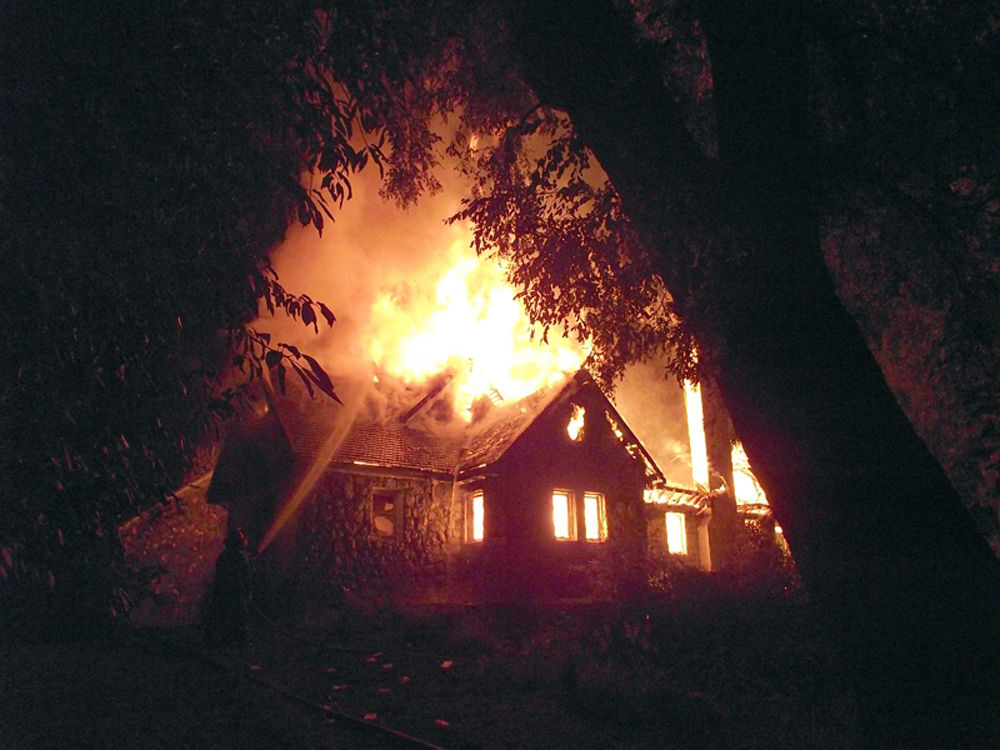SANTIAGO, Chile (AP) — A Chilean court on Wednesday acquitted 11 Mapuches in the arson killing of an elderly couple, saying there was insufficient evidence that they attacked the pair’s home on land the indigenous group claims as ancestral territory.
SANTIAGO, Chile (AP) — A Chilean court on Wednesday acquitted 11 Mapuches in the arson killing of an elderly couple, saying there was insufficient evidence that they attacked the pair’s home on land the indigenous group claims as ancestral territory.
The ruling announced in the southern city of Temuco also said there was not enough proof to support the prosecution’s allegation that it was a terrorist attack or a premeditated plan to stir fear and pressure farmers into leaving their land. The defendants were arrested earlier this year and had staged hunger strikes demanding their release.
Werner Luchsinger and his wife, Vivian MacKay, died in 2013 defending their property from attackers. In 2014, a Mapuche leader was sentenced to 18 years in prison for the arson killing, which prompted a national debate about Chile’s struggle to manage violent disputes over ancestral indigenous lands.
TV images on Wednesday showed family members of the accused celebrating the ruling. Prosecutors criticized the decision, saying the state failed the families of the victims.
The prosecution said hooded men entered the couple’s ranch the night of Jan. 4, 2013, scattering pamphlets on the anniversary of a notorious killing of a young Mapuche activist who was shot in the back by a police officer just down the road.
Luchsinger, 75, fired a shot at one of the trespassers while Mackay, 69, desperately telephoned her son Jorge Andres. The attackers dispersed after torching the house, and the couple died in the flames before help arrived.
The Mapuche, Chile’s largest indigenous group, resisted conquest for 300 years, until military defeats in the late 19th century forced them into Araucania, south of the Bio Bio river. The government then encouraged European immigrants to colonize the area.
Many Mapuche there now live in poverty on the borders of timber companies or ranches owned by the descendants of the European colonists.
Most of the 200 Mapuche communities in the south are peaceful. But some include radical factions that have occupied and burned farms and lumber trucks to demand the return of the land. Police have been accused of violent abuses, including storming into Mapuche homes during raids.


